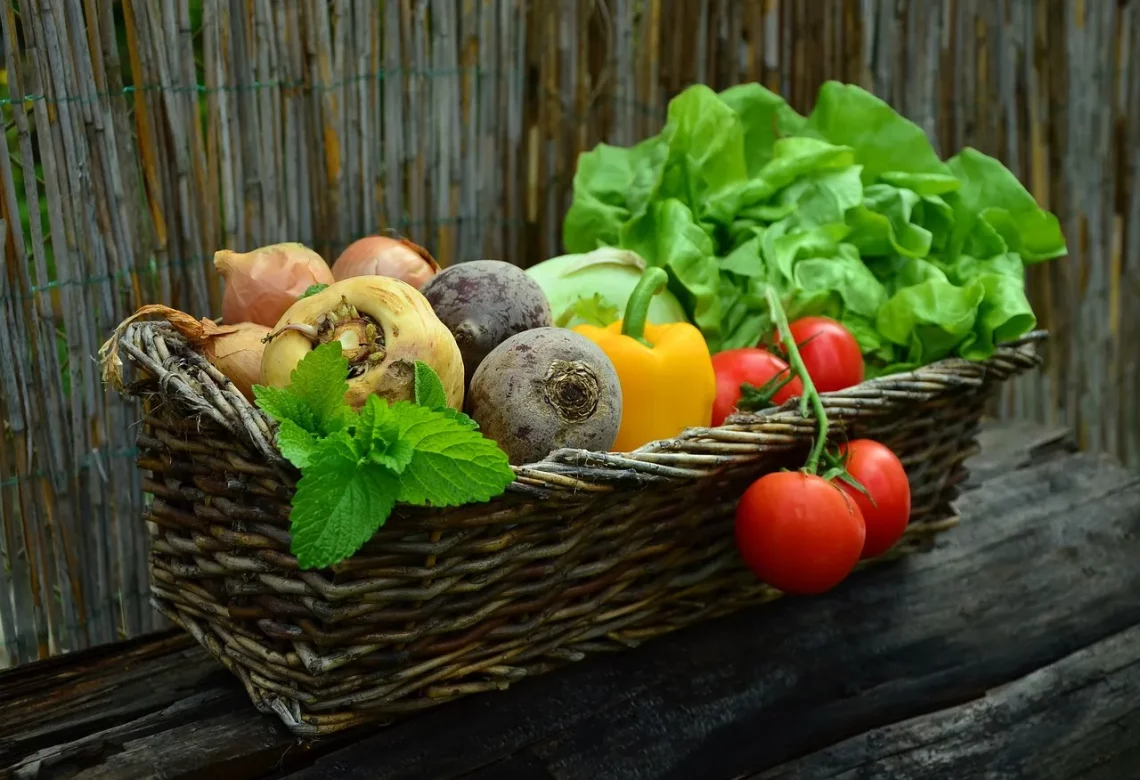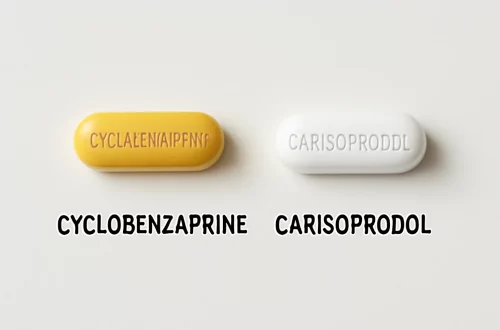
Can Guinea Pigs Eat Potatoes Safely and Healthily?
Guinea pigs are delightful, social creatures that have gained popularity as beloved pets worldwide. Known for their playful personalities and adorable squeaks, these small mammals require a carefully balanced diet to thrive. As with any pet, understanding their nutritional needs is essential for ensuring their health and well-being. Guinea pigs are herbivores, which means they primarily consume plant-based foods. Their natural diet consists mainly of hay, fresh vegetables, and a limited amount of fruits.
When it comes to feeding guinea pigs, pet owners often wonder about the safety and health implications of various foods. Some common questions arise regarding the inclusion of certain vegetables and fruits in their diet. One such vegetable that may pique the interest of many guardians is the potato. Potatoes are a staple food for humans and are rich in carbohydrates, but does this mean they are suitable for guinea pigs?
In this article, we will delve into the complexities surrounding the dietary needs of guinea pigs, and explore whether potatoes can find a place in their meals. Understanding the nutritional content, potential risks, and alternatives will help guinea pig owners make informed decisions about what to feed their furry friends.
Nutritional Needs of Guinea Pigs
Guinea pigs have specific dietary requirements that differ significantly from those of humans and even other pets. Their digestive systems are designed to process high-fiber foods, which are crucial for maintaining a healthy gut. The primary component of a guinea pig’s diet should be high-quality hay, such as timothy hay or meadow hay, which provides the necessary fiber for digestion.
In addition to hay, guinea pigs need a variety of fresh vegetables to ensure they receive essential vitamins and minerals. Leafy greens, such as romaine lettuce, kale, and cilantro, are excellent choices. These vegetables not only contribute to their nutritional needs but also provide hydration, which is vital for their overall health.
Vitamin C is another critical aspect of a guinea pig’s diet. Unlike humans, guinea pigs cannot synthesize this vitamin on their own, making it necessary for them to obtain it through their food. Fresh vegetables and specialized guinea pig pellets fortified with vitamin C can help meet this requirement. Fruits can be offered in moderation as treats, but they should not make up a significant portion of their diet due to their high sugar content.
Understanding these nutritional needs is essential when considering any new foods, including potatoes. The focus should always be on providing a balanced diet that supports the guinea pig’s health and longevity.
Are Potatoes Safe for Guinea Pigs?
When it comes to feeding guinea pigs potatoes, the consensus among veterinarians and animal nutritionists is that potatoes should be avoided altogether. While potatoes themselves are not toxic to guinea pigs, they pose several potential health risks that can outweigh any nutritional benefits.
Firstly, potatoes, especially when raw, contain solanine, a natural toxin that can be harmful to various animals. Solanine levels are particularly high in the green parts of the potato and in the sprouts. Even small amounts of solanine can cause digestive issues, lethargy, and other health problems in guinea pigs.
Moreover, potatoes are high in carbohydrates and starch, which can lead to obesity and related health issues in guinea pigs if consumed regularly. These small animals have a low tolerance for starchy foods, and feeding them potatoes can disrupt their delicate digestive systems. The high glycemic index of potatoes could also result in an imbalance in their blood sugar levels.
In summary, while it may be tempting to share a small piece of potato with your guinea pig, it’s best to err on the side of caution. Instead, focus on providing a variety of safe and nutritious vegetables that align with their dietary needs.
Alternative Vegetables for Guinea Pigs
If you’re looking for safe and healthy alternatives to potatoes for your guinea pig, there is a wide array of vegetables that can be included in their diet. These options not only provide essential nutrients but also keep mealtime interesting for your furry friend.
One excellent choice is bell peppers. Rich in vitamin C, bell peppers come in various colors, including green, red, yellow, and orange, each offering unique nutritional benefits. Guinea pigs usually enjoy the crisp texture and sweet flavor, making them a popular vegetable choice.
Another great option is zucchini. This vegetable is low in calories and high in water content, helping to keep your guinea pig hydrated. It’s best served raw and can be sliced into manageable pieces for easy consumption.
Carrots can also be given as a treat, but they should be offered sparingly due to their higher sugar content. When providing carrots, slice them thinly to prevent choking and to make it easier for your guinea pig to eat.
Leafy greens, such as kale, swiss chard, and romaine lettuce, should form a significant part of your guinea pig’s diet. These greens are not only nutritious but also provide the necessary fiber for healthy digestion.
Incorporating a variety of vegetables ensures that your guinea pig receives a well-rounded diet and prevents boredom. Always introduce new foods gradually and monitor for any adverse reactions. By prioritizing safe vegetable choices, you can contribute positively to your guinea pig’s health and happiness.
Signs of Dietary Issues in Guinea Pigs
Being vigilant about your guinea pig’s diet is vital, as any changes or issues can lead to health complications. It’s essential for pet owners to recognize the signs of dietary problems that may arise from improper feeding.
One common sign of dietary distress is changes in stool consistency. Healthy guinea pig droppings should be firm and well-formed. If you notice diarrhea or excessively soft feces, it could indicate that your guinea pig has consumed something that doesn’t agree with them, such as high-starch foods.
Another red flag is a change in behavior. If your guinea pig becomes lethargic, loses interest in food, or shows signs of discomfort, it may be time to reassess their diet. Additionally, weight loss or a sudden increase in weight can indicate problems related to their food intake.
Dental issues are also a concern for guinea pigs. If their diet lacks sufficient fiber, it can lead to overgrown teeth, which can cause pain and difficulty eating. Regularly providing hay and crunchy vegetables can help maintain dental health.
If you suspect your guinea pig is experiencing any dietary-related issues, it’s crucial to consult with a veterinarian. They can provide tailored advice and recommendations to address any health concerns.
**Disclaimer:** This article is for informational purposes only and should not be considered medical advice. If you have concerns about your guinea pig’s health or diet, please consult a qualified veterinarian for professional guidance.




